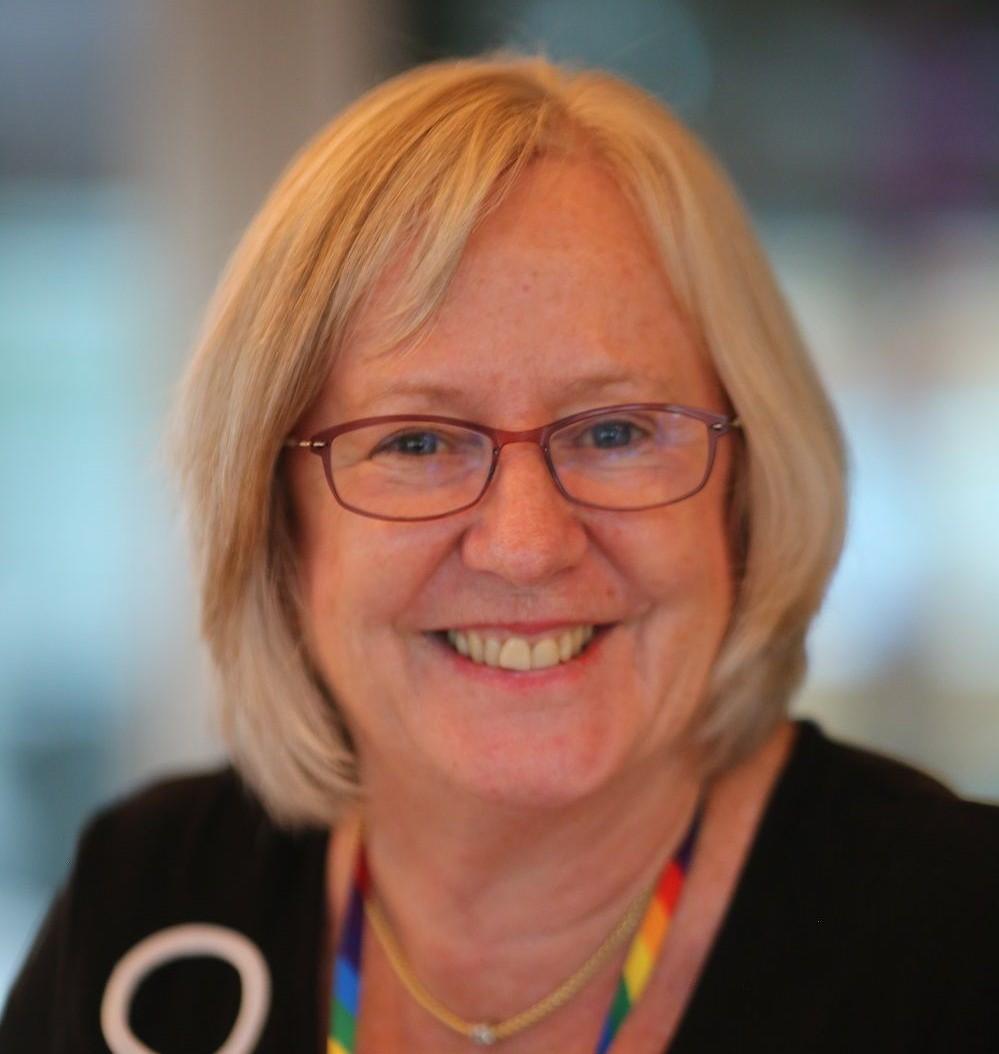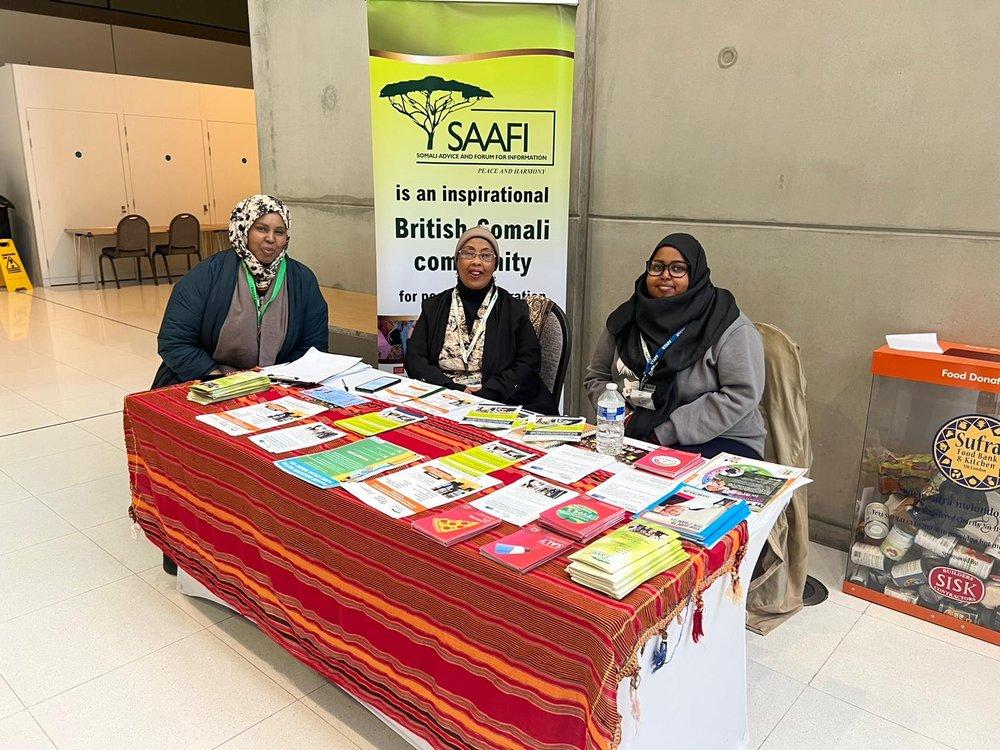
The Importance of Refugee Integration: A Local Government Perspective
by Carolyn Downs, Chief Executive of Brent Council
March 9, 2023
Brent’s diversity is the heartbeat of our borough. We were the London Borough of Culture in 2020, but we prefer to refer to ourselves as the London Borough of Cultures because refugees and migration have been synonymous with Brent since the borough was created in 1965.
As Chief Executive of Brent Council, I am reminded every day of the outstanding contribution refugees and asylum seekers make to our communities. But welcoming and integrating new communities on the current scale comes with significant challenges. The UK’s refugee and asylum system is in dire need of reform. One way to achieve this is to ensure local government has the capacity and resource to enable refugees to achieve their potential
Over half of the population of Brent were born outside the UK, well above the London and national averages. We have the highest percentage of migrant residents across all local authorities in England and Wales.
Over the years, we have welcomed asylum seekers from all over the world. Many have made incredibly challenging and dangerous journeys to get here but go on to achieve citizenship and become valued members of our communities. We have Doctors, nurses, business owners, council key workers and many other professions filled by people who started their lives elsewhere but have chosen Brent as their home. That is why it is so important we have a robust policy in place to support new asylum seekers and refugees in those vital early months and years.

Historically, London has had relatively few asylum seekers living in dispersed accommodation. However, over recent years, world events have driven more people living in countries like Syria, Afghanistan and Ukraine to seek asylum here. This has increased demand for housing and resources at a time when the pressure on councils is already at an all-time high.
As it stands, asylum seekers are placed in hotels by the Home Office until their asylum claim has been resolved. Unfortunately, the process is painfully slow with too many cases taking years to resolve.
Living for a long time in a hotel, with no money, is not a good way to integrate people into British society. It also does little to help people, who have fled their homes in search of safety and security, to overcome the trauma and mental health issues many suffer.
The Commission on the Integration of Refugees is currently considering whether the embargo on asylum seekers working for 12 months should be reduced. My fellow commissioners have mixed views on this. But my opinion is clear. We need to enable asylum seekers to work sooner rather than later. This would be good for our economy and good for the asylum seekers themselves, particularly when such a large percentage earn leave to remain but currently have to wait years to do so.
We need to recognise the importance of having robust systems in place to ensure refugees have genuine access to the benefits of being settled in the UK. That system also needs to retain dignity, hope, aspiration and opportunities. We must ensure that holistic integration support is available so that refugees can achieve their potential and in turn make a valuable contribution to our society.
As a local authority, we usually get involved once asylum seekers receive a decision on their application or if they enter the country as part of a Government scheme – such as Homes for Ukraine. However, we have increasingly been providing support earlier, while asylum seekers are still awaiting a decision and often living in hotels. This involves offering public health support and conducting age assessments – all to plug the gaps that the Home Office are not able to fill. In that, local authorities have taken the burden from this broken system.
Once a decision has been made, we help asylum seekers build their lives in the borough. This includes helping them get a National Insurance number, find work and apply for benefits. We have expanded our teams to respond to the increasing demand, recruiting multilingual staff and refugees who have had their own unique experience. These individuals have unrivalled knowledge of their communities. It is important that asylum seekers arriving in Brent have someone they can speak to and a bit of familiarity, so I am really pleased to have such a brilliant frontline team. These colleagues come from Syria and Ukraine, and we are proud to support them in these roles that give hope and aspiration to the people who need our support.
We held a refugee summit in December 2022 where we invited asylum seekers and refugees to learn more about council services and what help is available from partner organisations and local charities. The Somali Advice and Forum of Information (SAAFI) is one such community-based organisation in Brent. SAAFI was founded and is led by Rhoda Ibrahim who first came to Brent as a Somalian refugee along with other British-Somali mums working to help others integrate into the borough. We wholeheartedly support the work of SAAFI and are proud to have a long and successful partnership.
We look forward to continuing to support people from all across the world to this brilliant borough now and in the future. I hope that by sitting on the Commission I will be able to offer vital insights from the perspective of local government that will shape policy development at a national level. My hope is that the same levels of humanity and resourcefulness we have shown in Brent can be applied to new asylum seekers and refugees across the country at all stages of their journey. This will mean that they too can make their own contribution to life in the UK – just as previous generations of refugees and migrants have so wonderfully done.
Read the Commission’s first publication now for more information.

